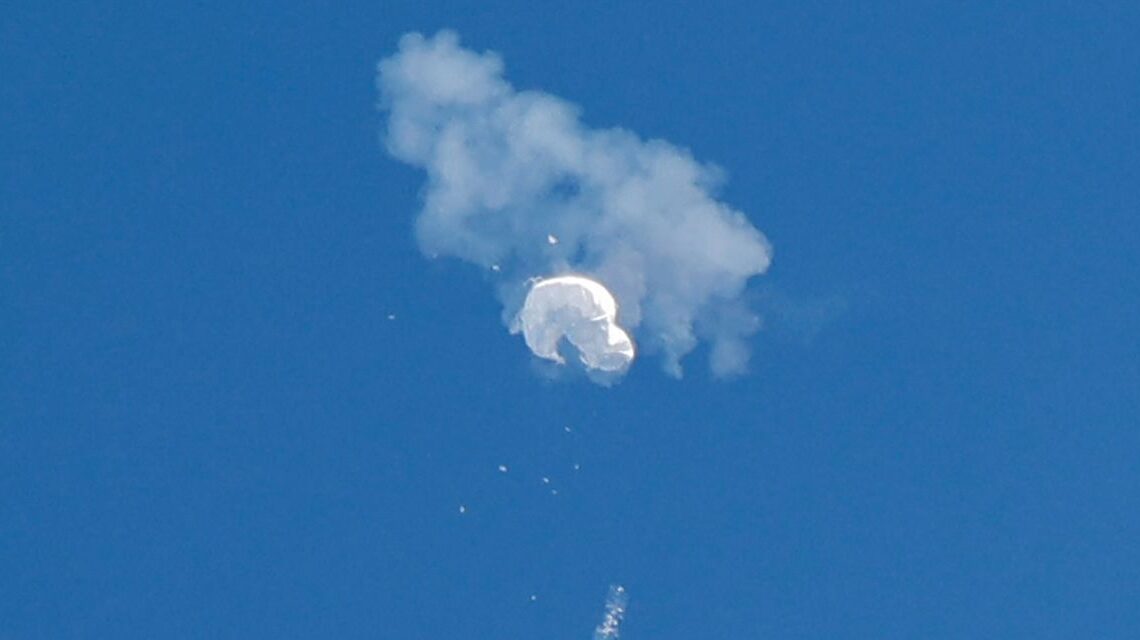It behooved the United States and China to hold the now-canceled talks, led by Secretary of State
Antony Blinken,
postponed because of the balloon incident, for all the reasons that others have said: to allay tensions, to reduce the risk of a military confrontation that neither government wants.
For those who couldn’t figure out why I devoted four columns to the Pentagon UFO debate, this is why. It became clear that, whether from serendipity or design, national security agencies were using UFOs to hide something they didn’t want us to see. That something, it has slowly dribbled out since last May, was Chinese surveillance in U.S. airspace. Suspected Chinese drones have been a sometimes daily presence in U.S. military training sites going back perhaps a decade or more. We learn now of multiple balloon incursions too.
The fluffing of the UFO misdirection, despite what government officials have been telling the
was not a spontaneous public misunderstanding. Read the inquiries by Reason magazine, the New Yorker and the Times itself. Ask any of the blogging academics who assigned new merit to the alien visitation hypothesis.
As this column pointed out, foreign adversaries were also seeing the UFO snow job. To the extent that the Chinese deliberately sailed their balloon across the continental U.S., they did so in full knowledge that Chinese aerial spying was already being progressively stripteased for the American people by U.S. intelligence-community leakage. The Biden administration had apparently decided the UFO smokescreen was no longer compatible with the heightened geopolitical moment.
It should be obvious now why it was always a mistake. The Chinese profess puzzlement over what they portray as an overreaction to their known incursions. Why the fuss now? Only because the American people had been kept in the dark about China’s actions, jollied along with the UFO distraction.
The story has two parts. The U.S. government has become bad at investigating, apparently—i.e., finding and sharing truths relevant to its domain.
The Supreme Court, with the help of U.S. marshals, can’t get to the bottom of who stole and leaked a draft opinion. The IRS hasn’t solved who stole and leaked a decade of tax data on more than 10,000 U.S. taxpayers. The FBI never examined the…
Click Here to Read the Full Original Article at RSSOpinion…

